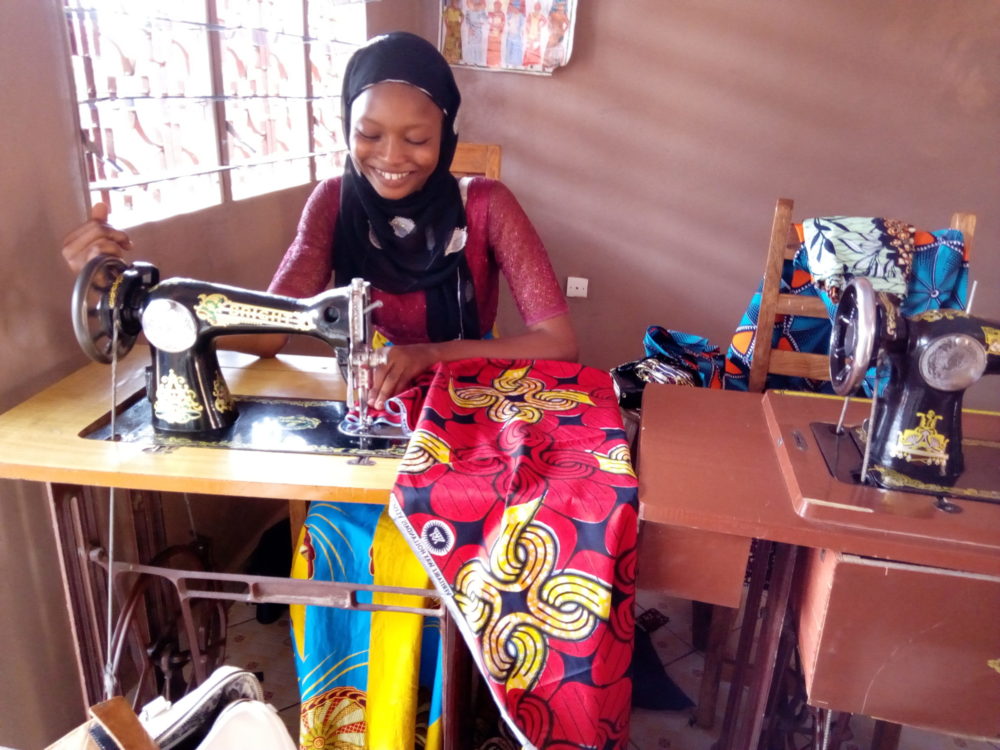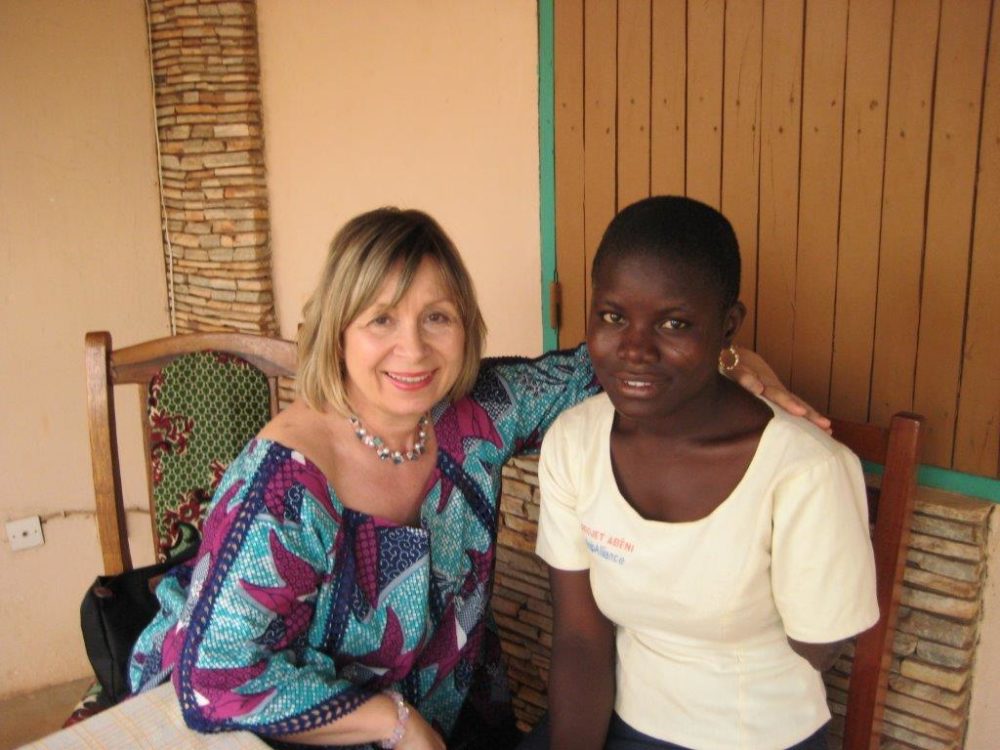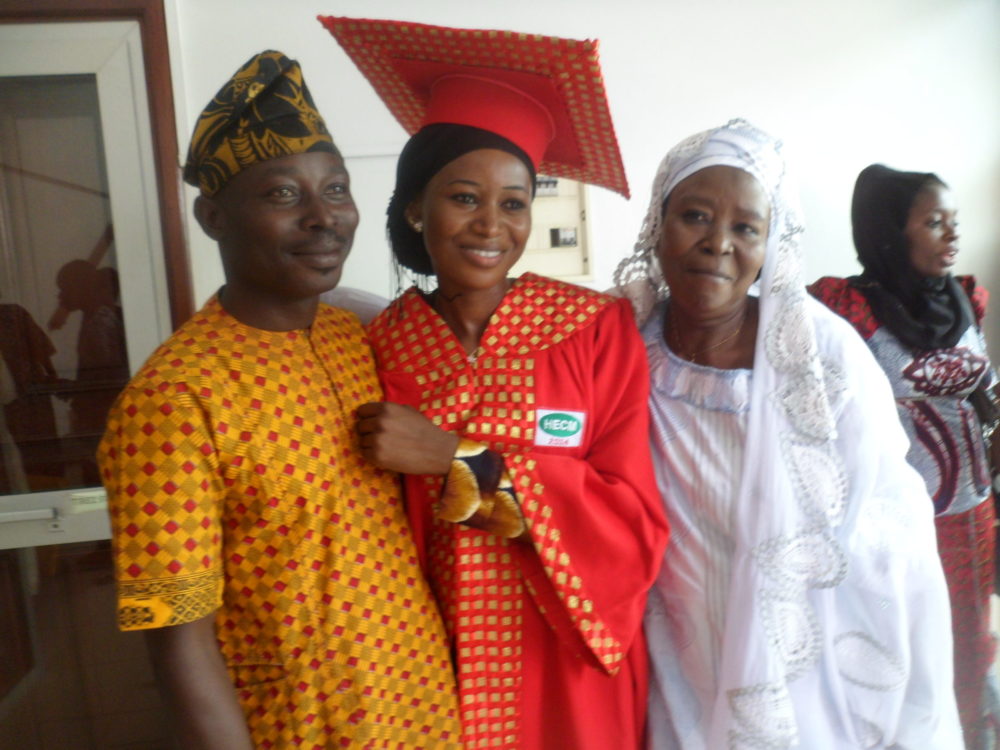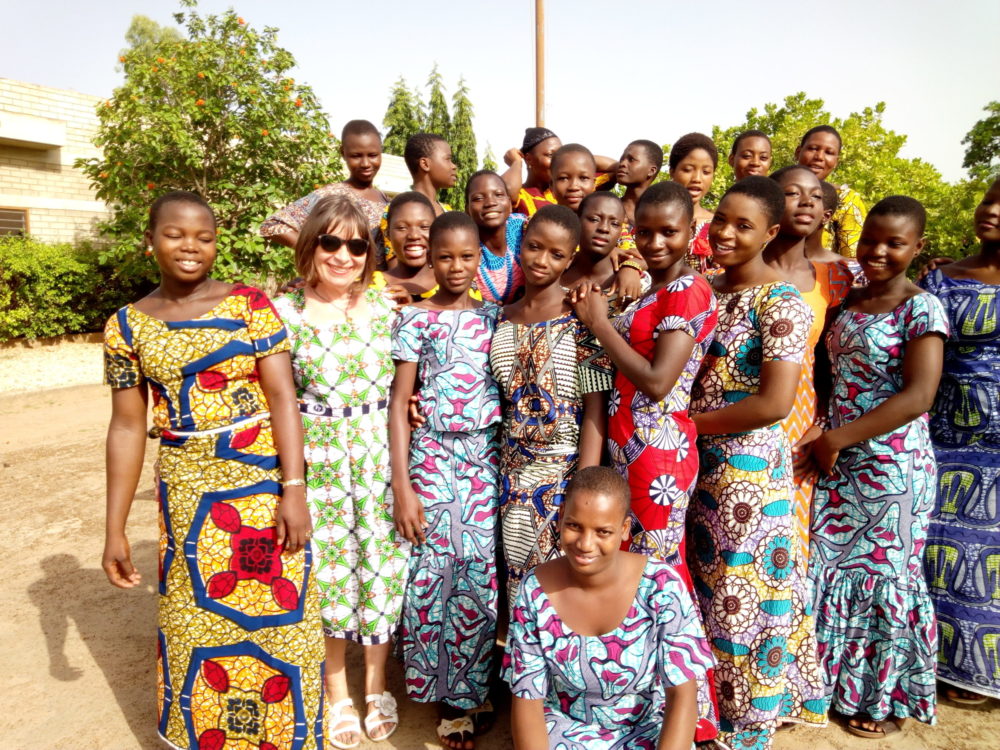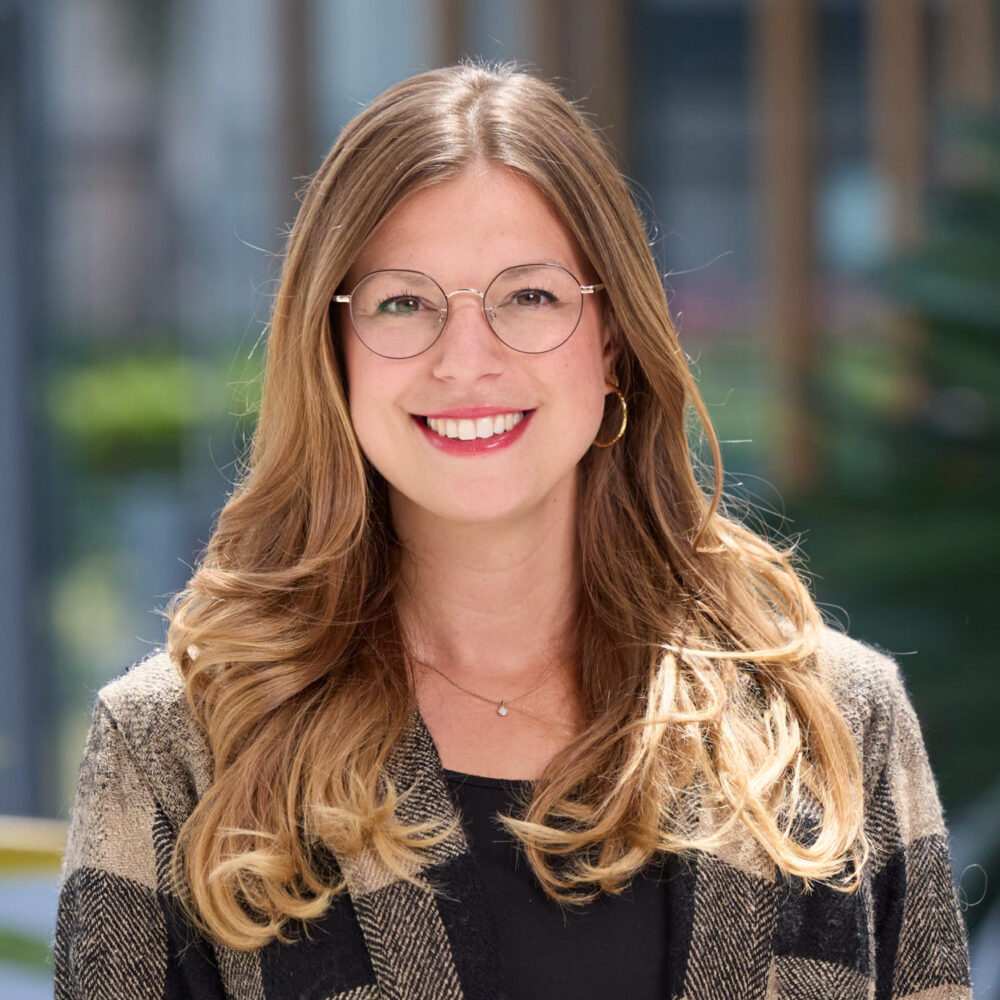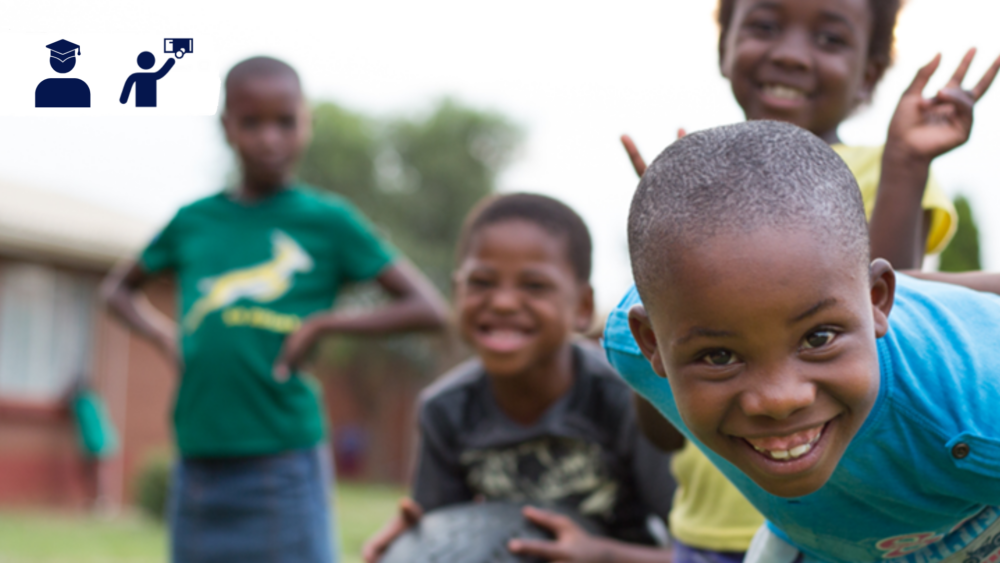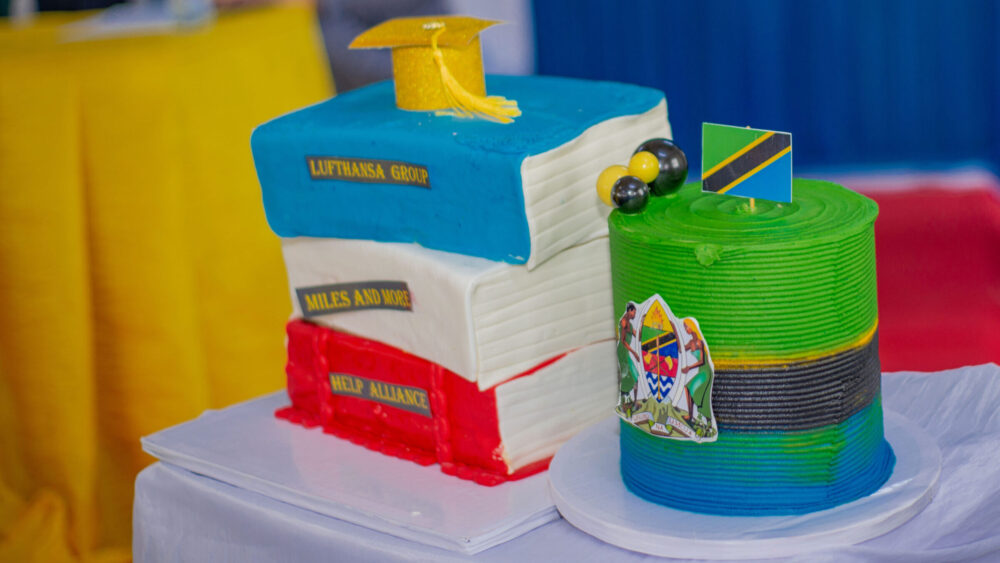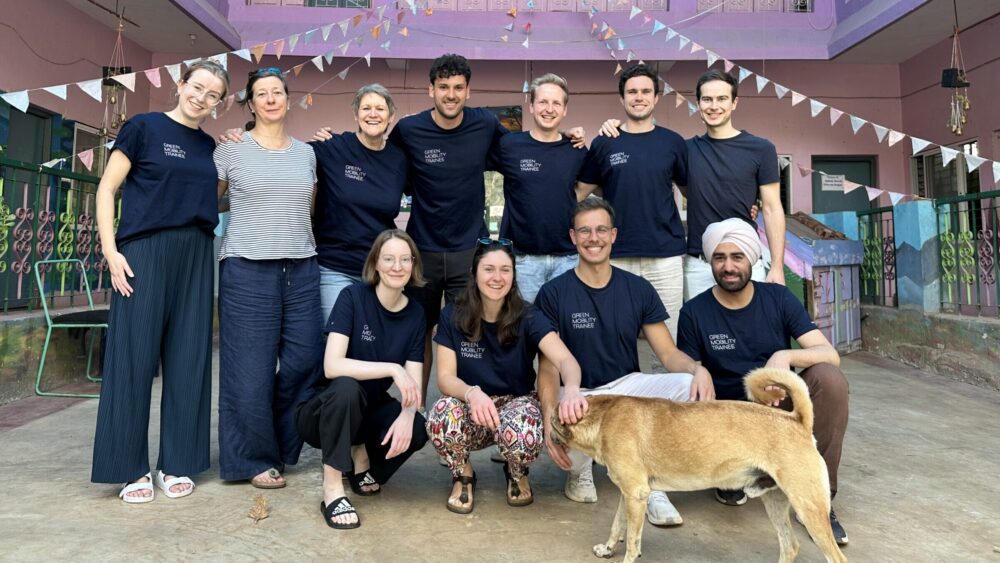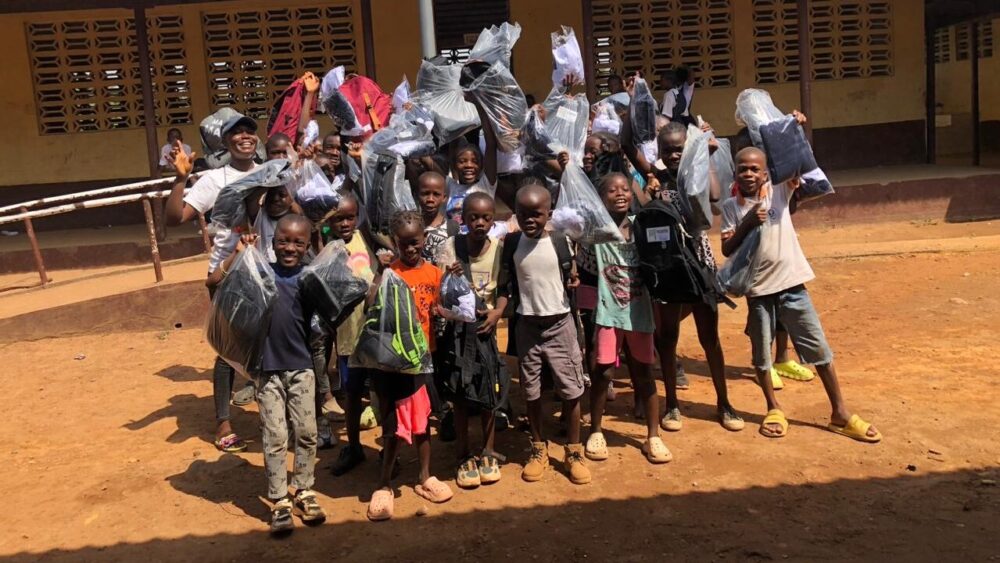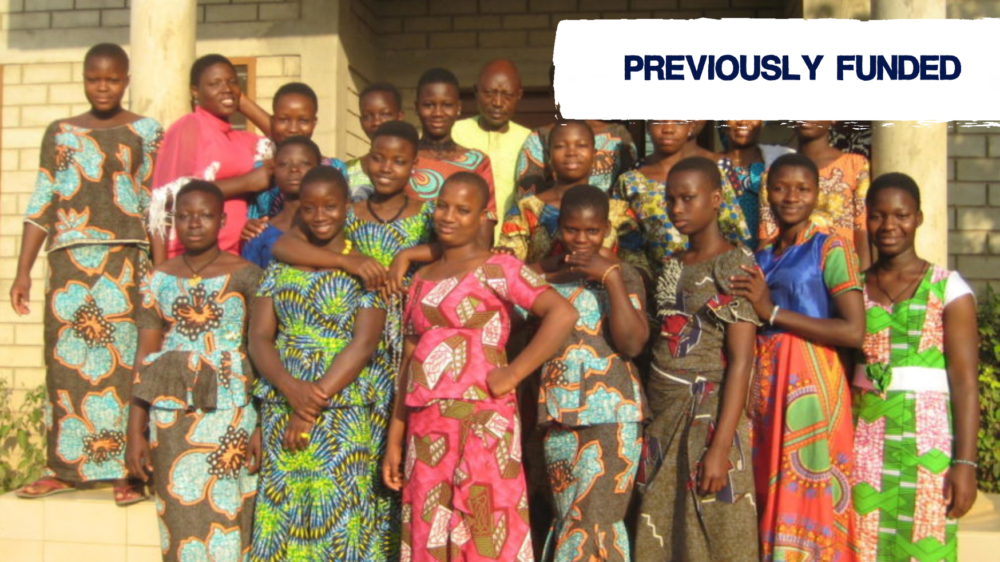
Vocational Training and Education for Strong Women
Thanks to the long-standing cooperation with the “Foyer Abèni” center, many young women have been given access to education and training over the past 20 years, and have been supported on their way to setting up a business and thus to an independent life.
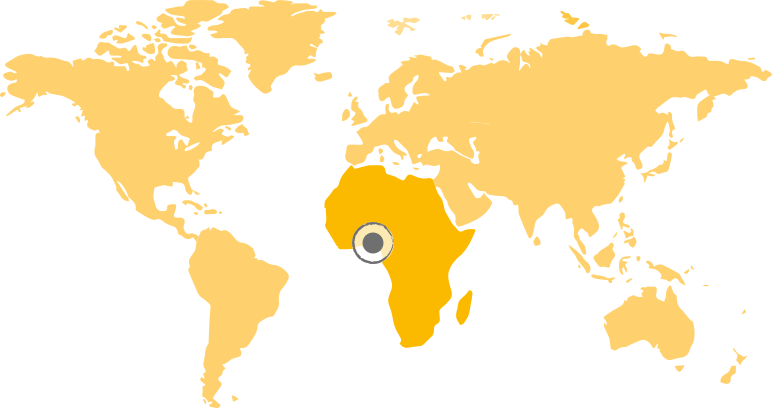
Project background
The project is located in Djougou, a city in the northwest of Benin. Benin is one of the poorest countries in the world. More than a third of the population, and in rural areas even around half of the population, live below the poverty line. In this West African country, access to education is only available to the fewest and almost 70 percent of the people are illiterate, with the number of women being significantly higher than men. The young Beninese women live in the structurally weak north of the country and have significantly worse educational opportunities than boys of their age. Although the school enrolment rate for girls has increased, many girls still drop out of school prematurely. On average, girls in Benin attend school for 3 years. And only 18.2% of women have completed secondary education.
Without a school-leaving certificate, they rarely find employment in the already existing lack of jobs and cannot escape lifelong dependence. Early marriage is often the only way. In northern Benin in particular, gender roles correspond to a traditional patriarchal understanding, and genital mutilation, marriage of minors and social oppression occur, resulting in severe social discrimination against girls and women.
Patriarchal family traditions and gender inequality also dominate, particularly in northern Benin and thus also in the remote village of Djougou. This makes it difficult for girls and women to participate actively in society. Since 1999, the Abèni project has been supporting disadvantaged girls in their school education and training young women as tailors, thus helping them to lead an independent and self-determined life.
Our Impact
For many girls and young women aged 12-30, who are either full, half or social orphans, the project has become a home and a safe place where they can develop their skills. To prepare the young women and girls within the project for independent living, a two-step approach was taken: First, the project provided them with a safe home, enabled them to attend school, and supported them in their learning. Later, the young women had the choice of continuing to attend school and thus earning a higher school diploma, which would also enable them to attend university, or to complete a three-year tailoring apprenticeship at the project’s own training center. The trained tailors received start-up assistance for their first year of professional activity.
In addition to the core skills, the women are also strengthened in their personal growth and independent thinking. Also, some graduates were able to open their own studios and are now training independently. The work of the project leads to a strengthening of the reputation of women in the surrounding area and they feel encouraged to overcome their social disadvantage, to redefine the role of women in society and to strengthen their participation.
Over the years, the center has built up a reputation as a high-quality training institution, and so in 2021 the decision was made that Foyer Abèni would in future focus on its core competencies as a training center and expand its training branches to include subjects such as gardening, agriculture and hairdressing apprenticeships.
THE PROMOTION OF THIS PROJECT IS COMPLETED
However, we still support many other projects in the region.
To the projects

